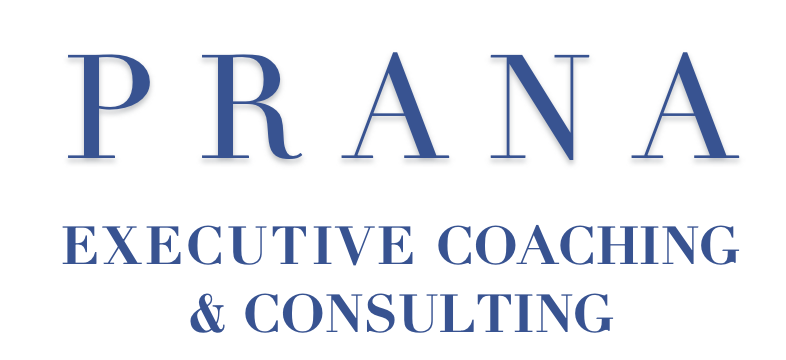The Skills Critical for Success in the C-Suite
Over the past two decades, organizations have redefined the roles of C-suite executives. Traditional capabilities, such as the management of financial and operational resources, are still relevant but when companies today search for top leaders, especially new CEOs, they prioritize one criteria above all else: strong social skills.
Recent research published in HBR shows that the critical skills needed for success in the C-Suite, and to rise up to the C-Suite, are indeed social skills.
What social skills, specifically? The research shows that the essential skills that the C-suite executives of successful companies share are “high level of self-awareness, the ability to listen and communicate well, a facility for working with different types of people and groups, and what psychologists call “theory of mind”—the capacity to infer how others are thinking and feeling.”
Why are social skills increasingly important? The reasons for the rise of social skills as a key determinant of success include greater complexity in organizational structures, and the move towards technology and greater automation requires better judgment, creativity, and perception. Additionally, leaders must be able to empathetically relate to a DEI agenda, and interact with a broad variety of stakeholders, including social media audiences.
Workforce implications. The important of social skills is not limited to senior executives, and social skills are increasingly important to the workforce as a whole. Other research shows that jobs that require highly developed social skills have grown at a faster rate than the labor market as a whole—and that compensation for them is growing faster than average.
Interested in developing your social skills?
To build your social competencies at work, the simple 5 step model will help.
Reality Check. Personal development starts with a reality check of your current strengths, and opportunities to develop your social skills.
Ask for Feedback. Ask for feedback from your manager and trusted colleagues: what do they perceive as your strengths? Your growth opportunities? Your HR business partner may be able to provide useful perspectives as well.
Create a plan. Then, put a learning and development plan in place to work on specific social skills – one at a time. Allocate time each week for learning (reading an article, or doing a Linkedin learning module) and set weekly goals. Start small.
Experiment. Social skills are best developed through experiential practice; experiment with different approaches and ideas. Notice what works, and what doesn’t – and continue to practice.
Support. Enlist an accountability partner for support (a professional coach, or a colleague on a similar journey) and ideally someone who can also provide critical feedback and perspective.
For rapid development, get a coach. A professional coach can accelerate and provide structure to the development of your social skills. Many organizations will pay for coaching and, if you are paying for it yourself, great coaching can be found at many different price points.
